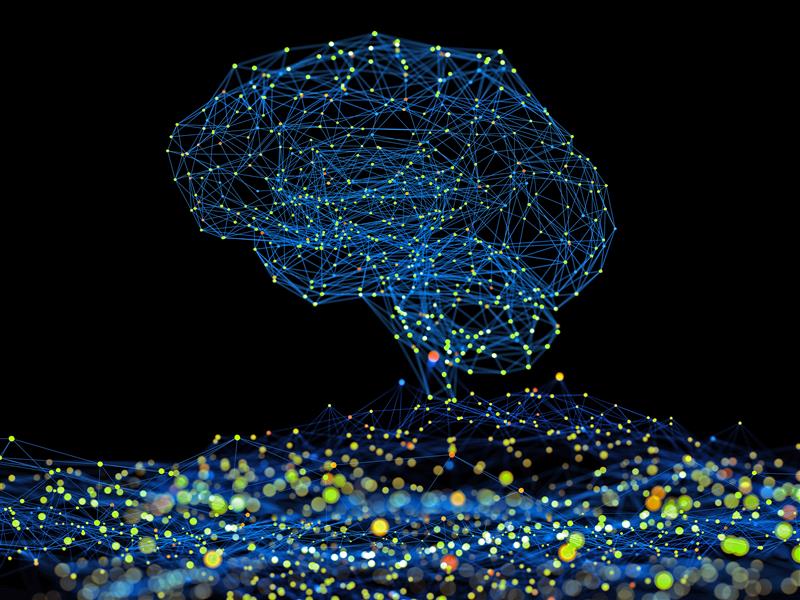About NeuroDance

NeuroDance: Improving Mobility and Quality of Life for People with PD
The project activities will be carried out in each participating country – Slovenia (COO), the Czech Republic, Germany, and Greece, with the shared goal to improve motor symptoms and increase social interaction and quality of life of people living with PD. The NeuroDance program’s digitalization will result in a digital platform that will outlive the project duration and continue educating interested users in best-practice approaches for leading Dance Classes to people with reduced mobility.
